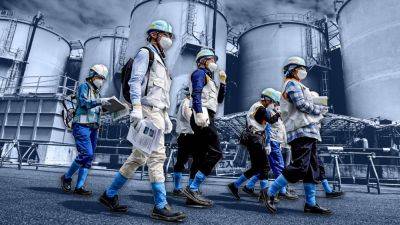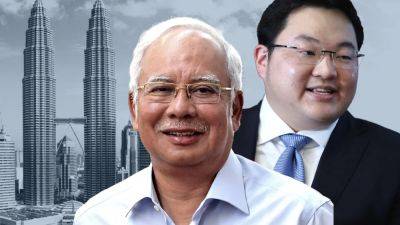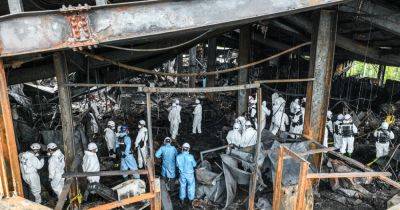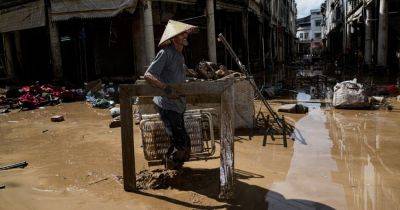His Photos Exposed a Bloody Crackdown, but His Identity Was a Secret
It is an iconic image — a black-and-white photo of a blood-splattered student being clubbed by a paratrooper medic. It was the first photo to slip through the military cordon around Gwangju, South Korea, in 1980, exposing the brutal suppression of what would be known as the Gwangju Democratization Movement.
But for years, the identity of the photographer — an unassuming man named Na Kyung Taek — remained a secret.
Mr. Na dared not take credit for the photo and other unsettling images from Gwangju for fear of the military junta and its leader, Chun Doo-hwan, whose crackdown there left hundreds killed or missing in the darkest chapter in South Korea’s long struggle against dictatorship. Mr. Chun’s rule ended in 1988, and now many in South Korea support a Constitutional revision to sanctify Gwangju’s role in the country’s democratization. Still, most have never heard of Mr. Na.
Mr. Na, 75, sounded indifferent to the lack of recognition during an interview in Gwangju, where he was a photojournalist for four decades until his retirement in 2007. But he was still haunted by what he saw that fateful spring.
“South Korean democracy began in Gwangju,” he said. “I just did what little I could for its citizens.”






